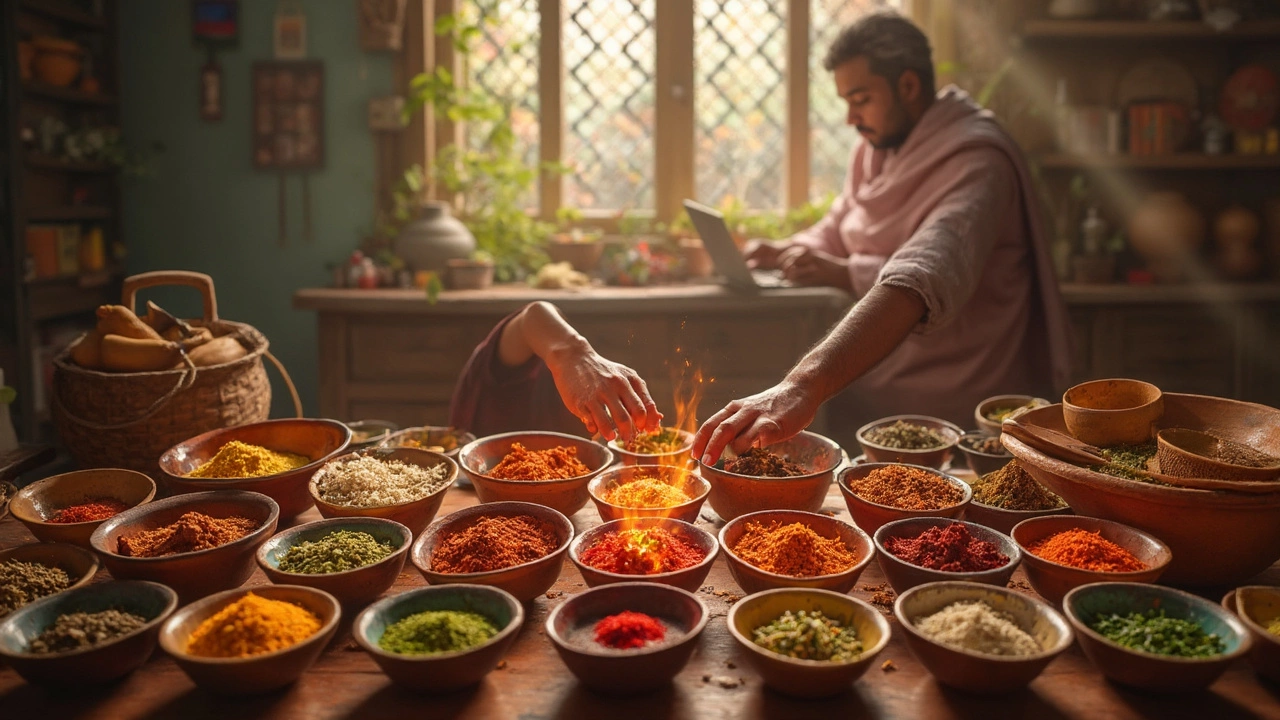Contraindicated Herbs: Risks, Interactions, and Safe Choices
Ever taken a herbal tea and then wondered if it could mess with your prescription? You’re not alone. Some herbs look harmless, but they can trigger serious side effects when mixed with certain drugs or health conditions. Knowing the red flags helps you stay safe while enjoying nature’s remedies.
Common Herbs to Watch Out For
Here’s a quick list of herbs that often cause problems. St. John’s Wort is famous for lowering the effectiveness of antidepressants, birth control pills, and blood thinners. Ginseng can raise blood pressure and interfere with diabetes medication. Garlic supplements are great for heart health but may thin your blood too much if you’re already on anticoagulants. Ginkgo biloba can heighten bleeding risk, especially before surgery. Lastly, kava is linked to liver damage and should stay away from people taking acetaminophen or other liver‑affecting drugs.
How to Spot Dangerous Interactions
The safest move is to treat every herb like a prescription. Ask yourself: Do I have a chronic condition that affects the liver or kidneys? Am I on blood thinners, diabetes meds, or heart drugs? If the answer is yes, check the herb’s known effects before you start. Look for warning labels on supplement bottles – they often mention “not for use with anticoagulants” or similar notes.
When you buy herbs online, read the product description carefully. Reputable sellers list possible drug interactions and advise a doctor’s approval. If you can’t find clear info, a quick call to your pharmacist can clear things up within minutes.
Timing matters too. Some herbs need a gap of several hours from your medication to avoid a clash. For example, grapefruit juice can block the enzymes that break down many drugs, so it’s best to take such meds at a different time of day.
If you notice any unusual symptoms after starting an herb – like bruising, dizziness, sudden weight loss, or stomach upset – stop the herb immediately and talk to a healthcare professional. Early action can prevent a minor issue from becoming a serious health problem.
For those who love herbal flavors but want to stay safe, consider low‑risk options like chamomile, peppermint, or rooibos. These herbs have minimal documented drug interactions and are generally safe for most people.
Bottom line: Treat herbs with the same respect you give prescription drugs. A quick check with your doctor or pharmacist can save you a lot of trouble down the road. Stay curious, stay informed, and enjoy the benefits of herbs without compromising your health.

Herbs That Shouldn't Be Mixed: What Herbs Cannot Be Together?
Mixing herbs can sometimes backfire, causing side effects or making each other less effective. This article explains which herbs shouldn't be taken together and why. You'll learn about real risks, not just rumors, plus practical tips for safe herbal use. Discover ways to avoid unwanted reactions and how to enjoy the benefits of herbal supplements with more confidence. Safeguard your health without giving up on your favorite natural remedies.

New Drug Revolutionizing Type 2 Diabetes Treatment
Feb, 20 2025

Why Medical Tourism Sparks Heated Debates
Feb, 14 2025


